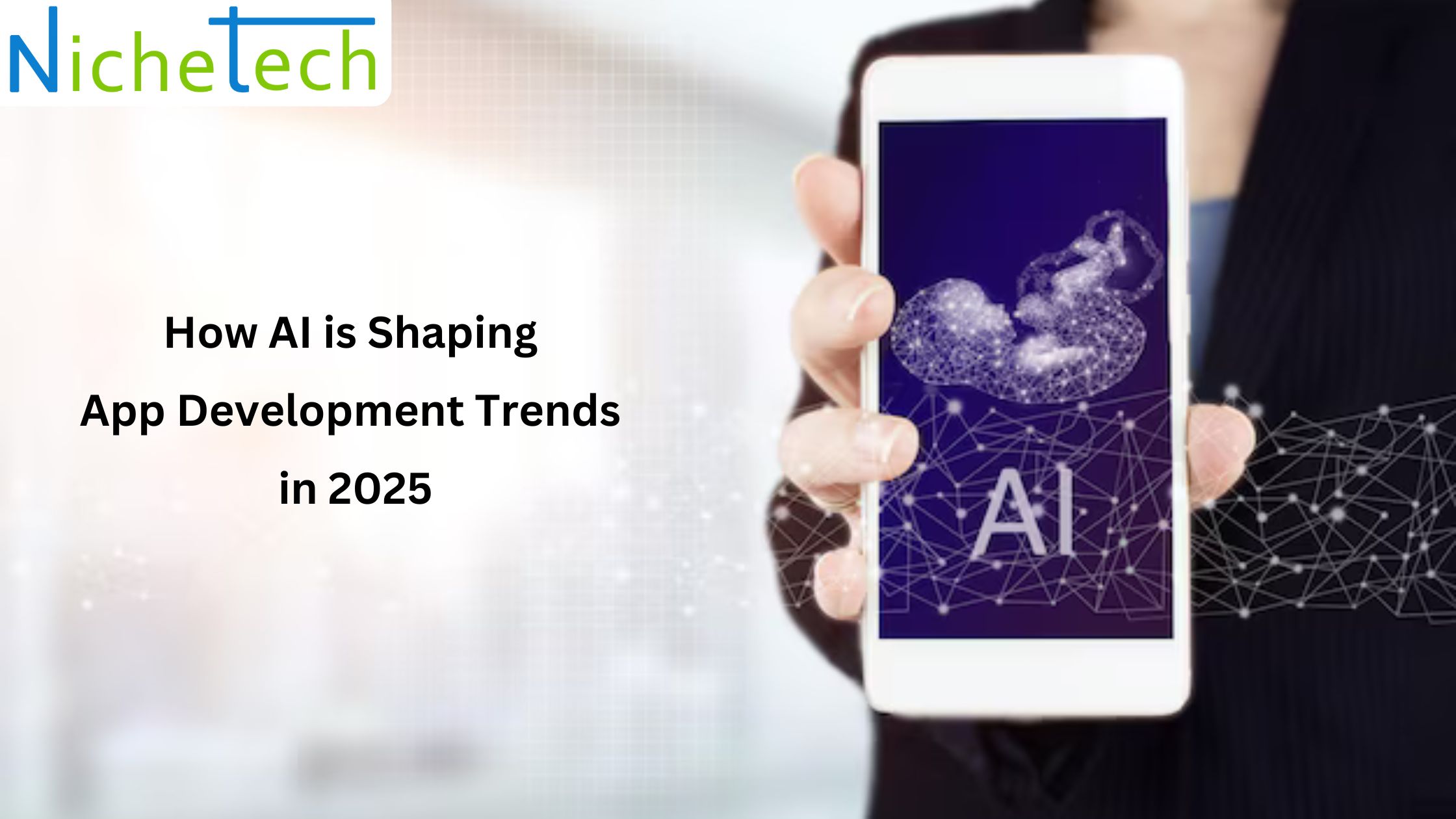Artificial Intelligence (AI) has been a transformative force in technology, and its influence on app development in 2025 is more profound than ever. As businesses and developers strive to create intuitive, efficient, and user-centric applications, AI is at the forefront, driving innovation and reshaping trends. Here’s a closer look at how AI is shaping app development this year.
1. Personalized User Experiences
AI-powered algorithms analyze user behavior and preferences to deliver highly personalized app experiences. From tailored content recommendations in streaming apps to personalized fitness plans in health apps, AI ensures that users receive relevant and engaging interactions, enhancing satisfaction and retention.
2. Enhanced Security with AI
With cyber threats becoming more sophisticated, AI-driven security solutions are crucial for app development. Machine learning algorithms detect unusual patterns and potential threats in real time, protecting user data and ensuring secure transactions. Biometric authentication, such as facial recognition and voice identification, is now more accurate and reliable thanks to AI.
3. AI-Driven Development Tools
AI is streamlining the app development process itself. Tools powered by AI assist developers by:
Auto-generating code based on requirements.
Identifying and fixing bugs during development.
Providing predictive analytics to estimate project timelines and resource allocation. These tools reduce development time and cost while improving code quality.
4. Voice and Chat Interfaces
Voice assistants and chatbots have become indispensable in app development. AI enables natural language processing (NLP), allowing these interfaces to understand and respond to user queries more effectively. Apps integrating voice commands and AI chatbots offer a hands-free, interactive user experience that is increasingly preferred by users.
5. Predictive Analytics
AI’s predictive capabilities are revolutionizing how apps anticipate user needs. For instance, e-commerce apps predict shopping trends, suggesting products users are likely to purchase. Similarly, AI in health apps predicts potential health risks based on user data, encouraging proactive measures.
6. Low-Code and No-Code Platforms
AI-powered low-code and no-code platforms are democratizing app development. These platforms enable individuals without coding expertise to create functional apps using drag-and-drop interfaces. AI assists by suggesting features, optimizing designs, and even automating backend processes.
7. Real-Time Language Translation
AI’s advancements in NLP and machine translation are enabling real-time language translation in apps. This feature is particularly beneficial for global communication apps, e-learning platforms, and travel applications, breaking down language barriers and reaching broader audiences.
8. Immersive Experiences with AR and VR
AI enhances Augmented Reality (AR) and Virtual Reality (VR) applications by making them more intuitive and interactive. For example, AI algorithms can optimize AR filters in social media apps or enhance VR gaming experiences by adapting gameplay to the user’s preferences and skill level.
9. Sustainability and Efficiency
AI is helping app developers create sustainable and energy-efficient solutions. By optimizing resource usage, reducing app load times, and improving battery consumption, AI ensures apps are environmentally friendly without compromising performance.
10. Hyper-Automation
Hyper-automation, powered by AI, integrates various technologies such as robotic process automation (RPA) and machine learning to automate repetitive tasks within apps. This trend boosts productivity and allows developers to focus on more complex challenges.
Conclusion
AI is not just a tool but a catalyst for innovation in app development. From enhancing user experiences to streamlining the development process, its role in 2025 is pivotal. As AI continues to evolve, it will unlock new possibilities, enabling developers to create smarter, faster, and more efficient applications that cater to a dynamic and demanding user base. Embracing AI in app development is no longer optional but essential for staying ahead in a competitive landscape.







